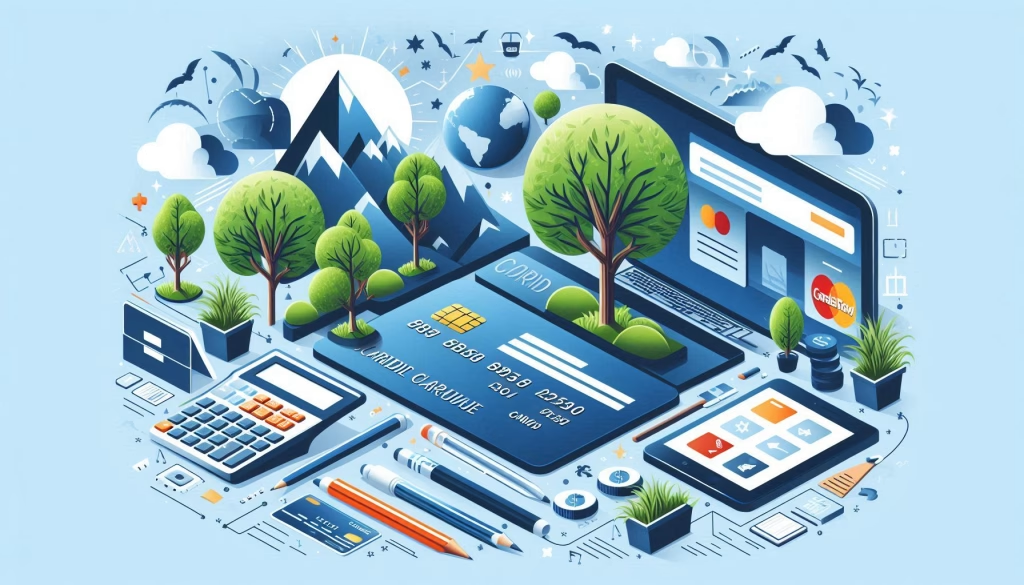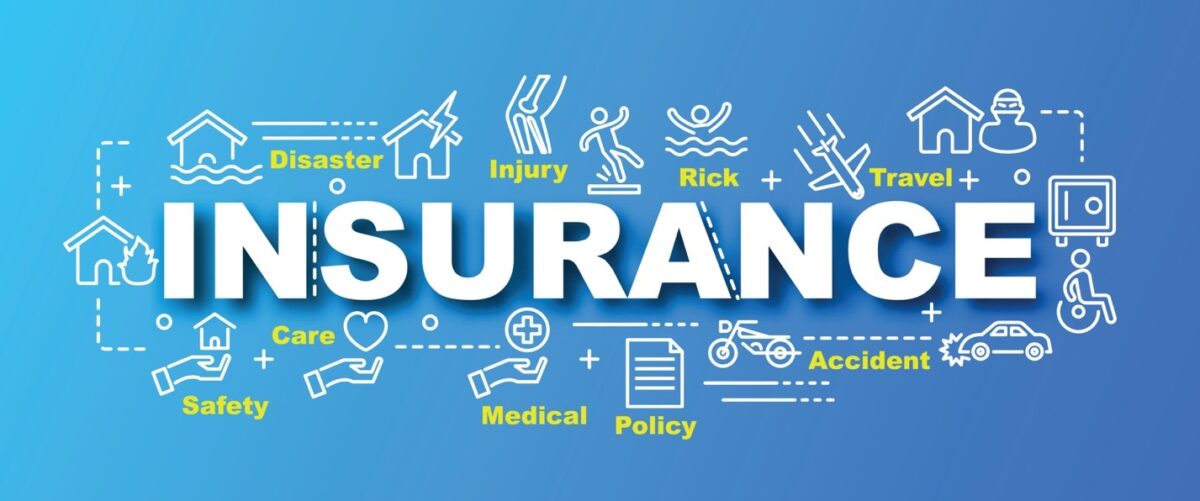Table of Contents
Overview
Navigating the world of credit cards can be overwhelming due to the industry-specific jargon. Whether you’re a newcomer to credit cards or seeking to deepen your understanding, grasping these essential terms can empower you to make more informed choices and enhance your financial well-being.
Credit Card Terminology No. 1
insurancewhat.com
Annual Percentage Rate (APR)
The Annual Percentage Rate (APR) is the yearly rate of interest applied to outstanding credit card balances when not paid in full each month. It encompasses the nominal interest rate along with any additional charges or fees incurred in obtaining the credit. The APR is a vital metric to evaluate when comparing credit cards, as it reflects the actual yearly cost of borrowing.

Credit Card Terminology No. 2
insurancewhat.com
Credit Limit
The credit limit is the highest amount you’re allowed to charge to your credit card. It’s determined by the card issuer, taking into account factors such as your creditworthiness, income, and financial history. Going over this limit may incur penalties, extra charges, and can adversely affect your credit rating.
Credit Card Terminology No. 3
insurancewhat.com
Grace PeriodGrace period The time period after the premium due date where the premium can still be paid without being subject to interest and the policy can still be accounted for. The term used to describe the grace period given to policyholders for 30 days from the due date of payment. The deadline was given by the insurance company to the policyholder to pay the agreed premium.
The grace period refers to the interval between the conclusion of your billing cycle and the payment due date. In this timeframe, you have the opportunity to settle your balance without accruing any interest. Grace periodsGrace period The time period after the premium due date where the premium can still be paid without being subject to interest and the policy can still be accounted for. The term used to describe the grace period given to policyholders for 30 days from the due date of payment. The deadline was given by the insurance company to the policyholder to pay the agreed premium. are generally between 21 to 25 days in length. Being aware of your card’s grace period is crucial to sidestep unwarranted interest charges.
Credit Card Terminology No. 4
insurancewhat.com
Minimum Payment
The minimum payment represents the least amount you are required to pay by the due date to maintain your account’s good standing. Typically, it is either a percentage of your total balance or a set amount, depending on which is higher. Although making the minimum payment prevents late fees, regularly doing so is not recommended due to the significant interest charges that can accumulate over time.
Credit Card Terminology No. 5
insurancewhat.com
Balance Transfer
A balance transfer entails shifting debt from one credit card to another, typically to benefit from a lower interest rate or a promotional deal. Cards designed for balance transfers frequently provide a low or 0% introductory APR for a set time, which can be a tactical approach to reducing debt. Nonetheless, it’s crucial to consider balance transfer fees and the potential for higher APRs after the promotional period ends.
Credit Card Terminology No. 6
insurancewhat.com
Rewards Program
Numerous credit cards feature rewards programs, enabling cardholders to accumulate points, cashback, or miles with each dollar spent. These rewards can be exchanged for a range of benefits, such as travel, merchandise, or statement credits. Selecting a card with a rewards program that matches your spending patterns can increase the value derived from your purchases.
Credit Card Terminology No. 7
insurancewhat.com
Credit Utilization Ratio
This ratio indicates the proportion of credit you’re utilizing relative to your total available credit. It’s a significant element in determining your credit score, representing approximately 30% of the FICO score formula. Keeping a low credit utilization ratio, preferably under 30%, is crucial for maintaining a good credit score.
Credit Card Terminology No. 8
insurancewhat.com
Secured vs. Unsecured Credit Cards
Secured credit cards require a cash deposit that serves as collateral for the credit limit. They are typically used by individuals looking to build or rebuild their credit. Unsecured credit cards, on the other hand, do not require collateral and are issued based on the applicant’s creditworthiness.
Credit Card Terminology No. 9
insurancewhat.com
Late Payment Fee
A fee is incurred if the minimum payment is not made by the due date. Late fees may differ and tend to rise with each subsequent late payment. It is essential to consistently pay your credit card bill on time to evade these fees and preserve a healthy credit score.
Credit Card Terminology No. 10
insurancewhat.com
Cash Advance
A cash advance enables you to use your credit card to withdraw cash. This facility incurs higher interest rates and extra fees compared to standard credit card transactions. Due to the steep costs, it’s recommended to resort to cash advances solely in urgent situations.
Credit Card Terminology No. 11
insurancewhat.com
Foreign Transaction Fee
A foreign transaction fee, typically a percentage of the purchase amount, is charged on purchases made outside your home country. However, some credit cards do not impose these fees, making them an excellent choice for frequent travelers.
Credit Card Terminology No. 12
insurancewhat.com
Annual Fee
Credit cards often come with an annual fee in exchange for the benefits and features they provide. These fees vary from minimal to significant, based on the card’s advantages. Assessing the annual fee relative to the card’s benefits is crucial to decide if the card justifies the expense.

The Conclusion
Understanding credit card terms is crucial to avoid confusion when applying for a card.
Credit cards are potent financial instruments when utilized correctly. By acquainting yourself with the crucial terms, you can more adeptly maneuver through the intricacies of credit card use and make more enlightened financial choices. Keep in mind, mastering credit card management hinges on comprehending the terms, settling your balance in full when feasible, and keeping abreast of your credit card’s attributes and charges.
Do you think you have other ideas about Mastering Credit Card Terminology: A Guide for Beginners? You can comment and share your thoughts below, or discuss more in the InsuranceWhat Forum. Also, read more articles about GLOBAL INSURANCE or other interesting insurance topic articles only at InsuranceWhat.com.





